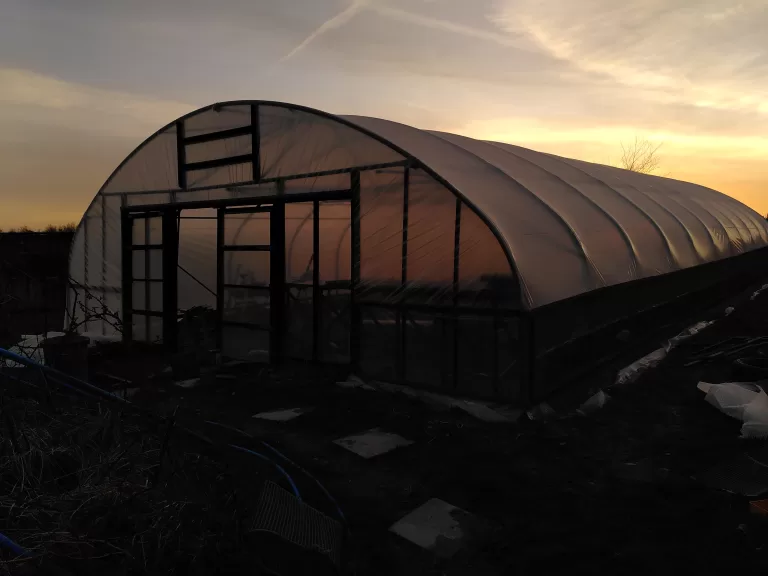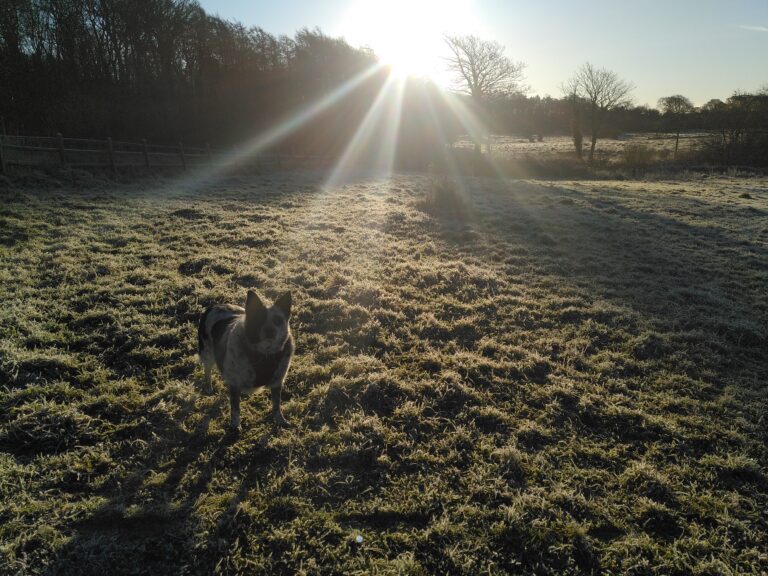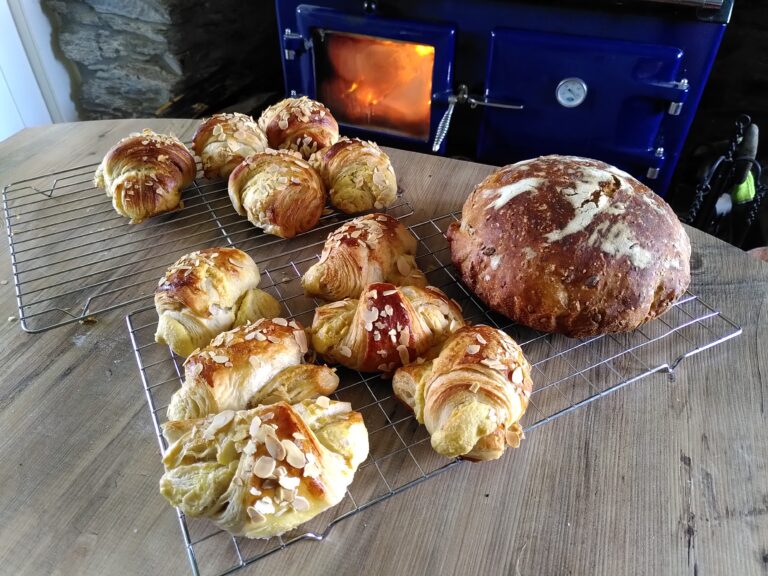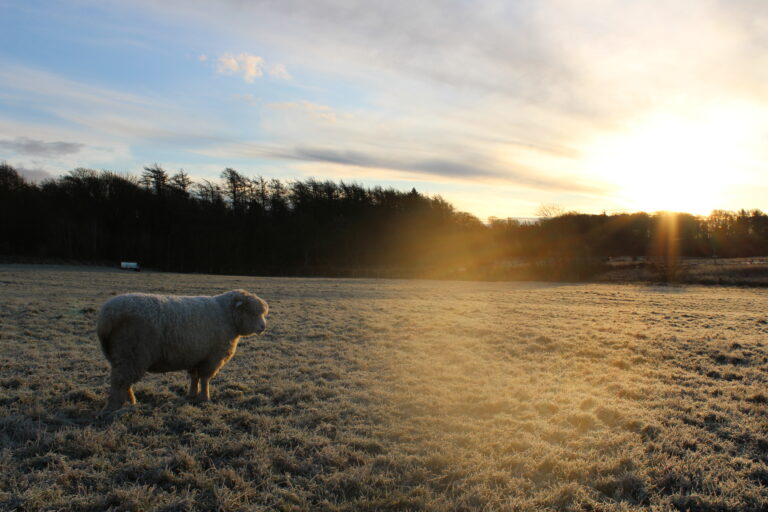How to Take Care of Alpacas
Are you interested in keeping alpacas? Would you like to find out what is involved in taking care of them? Here’s a summary of everything you need to get started!
This post contains affiliate links, meaning that in the event of a sale, I may receive a small commission at no extra cost to you.
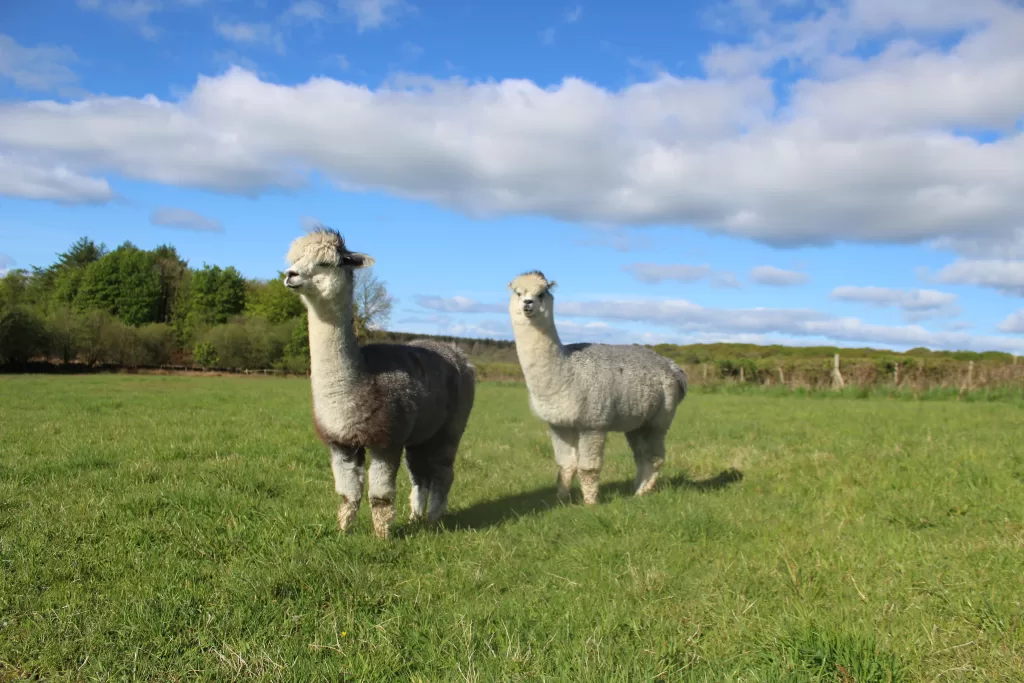
Why Keep Alpacas?
Guard animals
Alpacas are excellent at protecting their territory from predators and other intruders. So, if you keep birds or small mammals, alpacas are the ideal choice for keeping foxes and other predators away. Their alarm call is quite harrowing! And if that fails, they will chase unwanted visitors away to the boundary.
Fibre
Alpacas grow fleeces that are beautifully soft. The fibre from the blanket area across their backs is the only section suitable for spinning and knitting into garments. The rest of their fleece can be used for various other crafty endeavours, such as felting.
Companionship
If your alpacas are young enough when you adopt them, they can become very tame. You can halter-train them, if you wish, or simply pet them and shower them with love.
Whilst we are on the subject of companionship, it is important to note that alpacas are herd animals. They should always be kept with at least one other alpaca for company.
Grazing
Alpacas enjoy eating a variety of grasses and vegetation, so they will help to keep your field looking pristine. They are also much lighter on their feet compared to other grazing animals, so they do not compact or damage the soil nearly as much as sheep or cows, for example.
Equipment and Set Up
Fencing
You will need a secure fence at the boundary of your field. Alpacas do respect boundaries so a standard 4ft fence is sufficient. They do tend to rub against fences so plain wire is preferable to barbed wire.
Shelter
You will need to provide some shelter from adverse weather. Alpacas will make use of a stable or field shelter in heavy rain or windy conditions. But they also like to huddle against hedging, so ideally some natural shelter should be available to them also.
Feed scoop
If you want to tame your alpacas, you will need some camelid mix and a vessel in which to offer it to them. It may take a few attempts before they trust you enough to eat from the scoop. Talk to them gently and keep trying!
Catch rope, halter and lead
It is a lot easier to shear your alpacas and carry out the other regular checks and maintenance if they are halter trained. There are plenty of online resources that cover this in detail. In a nut shell, begin with a catch rope to get your alpaca accustomed to being “attached” to you. Once they tolerate the catch rope, you can gradually introduce the halter, and then attach a lead to it.
Nutrition
You will need one acre of good grazing space per alpaca. Preferably, your animals should have access to a range of vegetation. Ours enjoy brambles, nettles and willow shoots in addition to grass. If grass is in short supply, such as over winter, then you will need to provide hay or silage.
I would also recommend keeping a bag of camelid mix dry feed in stock to keep your alpacas tame, and to allow you to do the necessary regular checks.
Your alpacas will also need access to clean, fresh water at all times.
Vitamins
You will need to supplement your alpacas with vitamins A, B, D and E, ideally all year round but especially over the winter months. You can purchase pre-mixed pastes with the necessary vitamins and dose according to the age and size of your animals.
Daily Chores
It is important to spend some time everyday observing and interacting with your alpacas. Ensure they are mobilising normally, eating, and interacting with other members of the herd.
Take a scoop of treats and get a closer look at your alpacas, too. Check for any signs of injury. Ensure their teeth and feet are in good condition. And most importantly, maintain a good relationship with all members of your herd. Keeping them tame will pay dividends!
Shearing
Annual shearing in late Spring or early Summer is ideal. This will ensure that your alpacas are comfortable over the warmer months, and have the maximum amount of time to regrow their fleece before the weather cools down again.
Shearing alpacas is a little more challenging than sheep. Alpacas have long, strong legs and can generate a lot of momentum with their necks, too. So it is not possible to tip them onto their rumps in the way you might do with a sheep.
This is where you will reap the rewards of having your alpacas tame and halter trained. Ideally, you should have the person they trust the most holding them at the halter, and have a second person shearing. You may choose to hire a professional to help you with this.
Additional Considerations
Depending on where you live, and whether you regularly add new members to your herd, you may choose to add some additional preventative treatments to your routine for looking after your alpacas.
You can administer a vaccine such as Heptavac-P to your alpacas to protect them from a range of infections.
If you live in the USA and are concerned about meningeal worm, regular worming treatment with an agent such as Ivermectin can keep your herd safe.
VioVet

As a long-term customer and affiliate of VioVet, I am so excited to share a special discount code with you!
About VioVet
VioVet Ltd offers a variety of pet and horse supplies, including prescription and non-prescription medications, food, toys and equipment. We stock many of the leading market brands, as well as our own-branded products and supplements. This is all offered at considerable savings to the customer who can expect to receive excellent value for money and an efficient, professional service whenever they contact us.
Discount Code
5% off minimum orders of £50 for first time customers using this link
Maximum discount £25. Cannot be used with another deal or voucher. Applicable for all brands. Offer can be changed or withdrawn at any time. Offer amount dependant on product tax status.
Voucher Code: VANOV24
Starts: 30/10/2024 00:00. Ends: 03/12/2024 23:59 (Europe/London).


